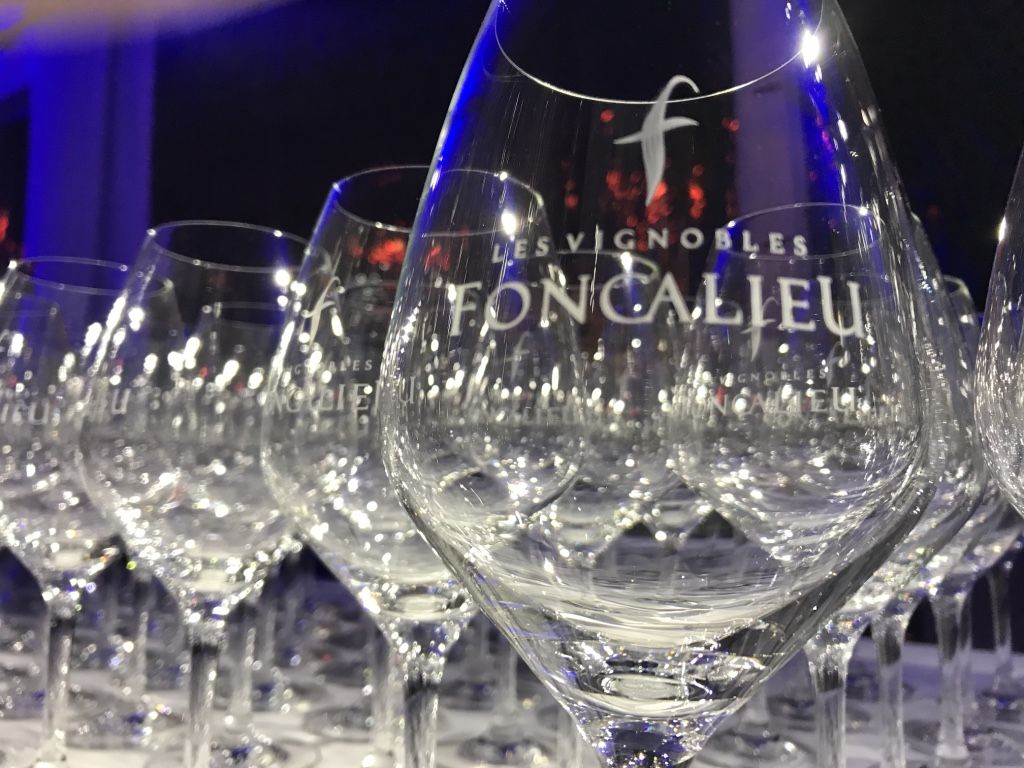Occitanie’s massive Vignobles Foncalieu was celebrating its 50th anniversary in Carcassonne and invited Mike along to see first hand how a large co-operative operates… as well as see how many macaroons he could eat in one sitting.
Co-op wineries produce a lot of the world’s most boring wines. Agree or disagree?
Co-op wineries pay peanuts for shit grapes and knock out average, bland crap to hit supermarket price points. Agree or disagree?
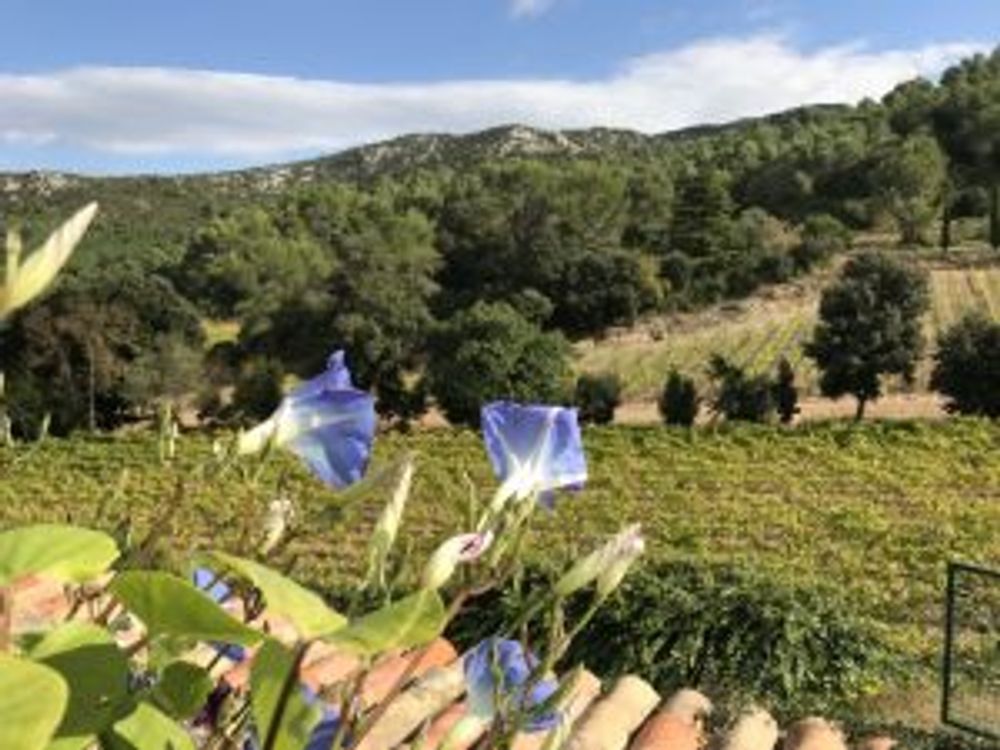
Château Haut-Gléon, flagship winery in the Foncalieu group
Both those statements are clearly overly-harsh generalisations of how a large percentage of the world’s wine is produced. But, worryingly, I reckon there are quite a few wine drinkers out there who hold those attitudes. The honest farmer producing wine from his own grapes, wiping the sweat from his brow, toiling against the big steel vats of the big corporate co-ops deserves our praise more than the said mega-producer.
If a lot of people were honest with themselves I reckon that attitude is fairly prevelant.
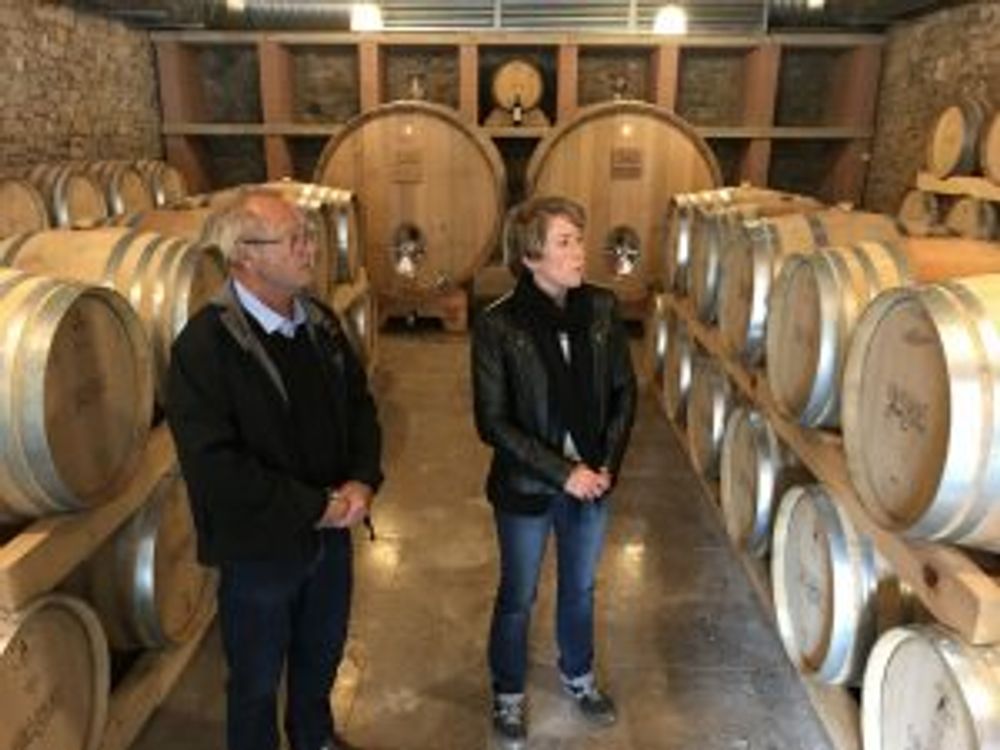
Gilles Ferrand in the cellar room
Generically speaking, a co-op is where a winery buys in grapes from a network of grape growers and makes their own-labeled wine. This has been a business model in the wine world for centuries.
Winery equipment is expensive, making wine from grapes requires a lot of knowhow, and some grape farmers only produce enough grapes to make a relatively satisfying fruit salad. The winery sells its wine, the farmer gets money for their grapes each year. It works for everyone.
Problem is that for many years the co-ops were after volume sales. Quantity over quality was the unofficial mantra. The grape growers were paid by tonnage of grape rather than ripeness or condition. It led to a slow deterioration in the quality and reputation of the wines; the latter of which is the hardest, and takes the longest, to turn around.
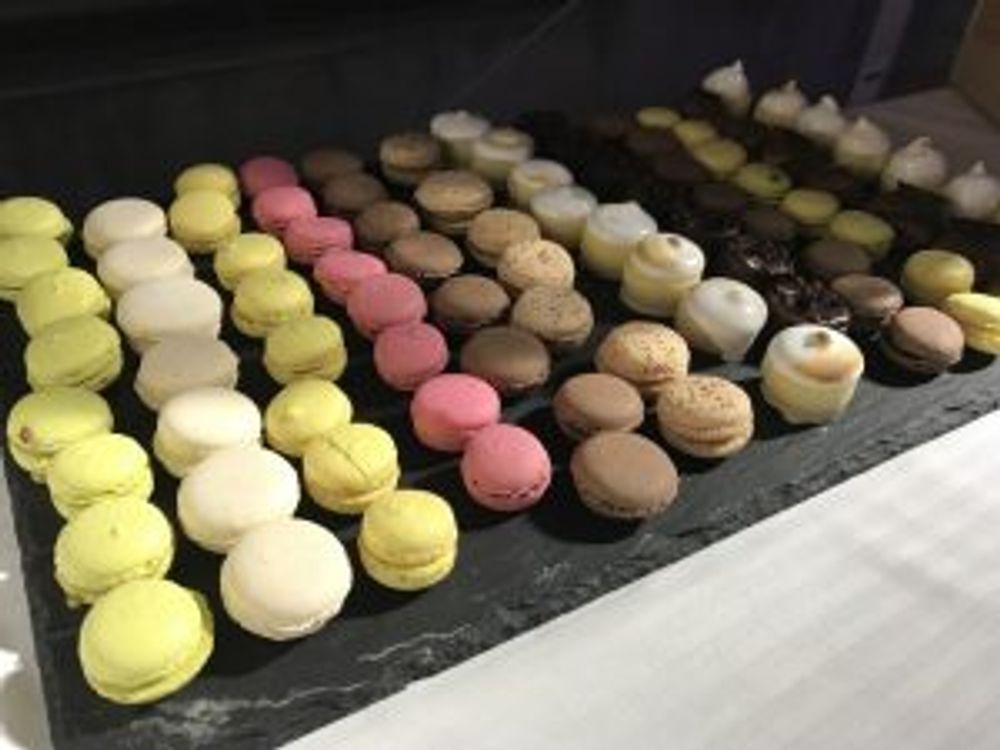
Mike’s plate of macaroons
Hence the recent press trip I spent in the South of France, in the Occitanie (Languedoc) region, with the co-op Vignobles Foncalieu. We were out celebrating their 50th anniversary, and either side of a gloriously macaroon-heavy party one evening, we were ferried around wineries, vineyards, and tasting rooms to see what makes these guys and girls tick.
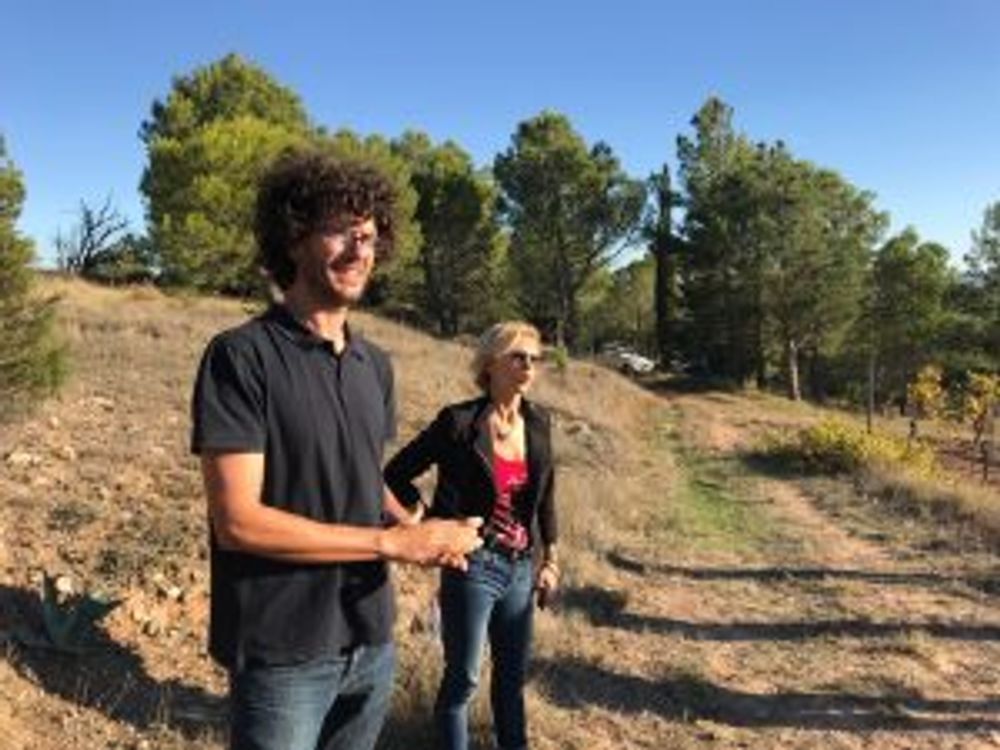
Romain: Why should I make wine?
You go into these trips looking for something that peaks your interest, or a soundbite that can get you thinking. And the afro-haired owner of a plot of top quality Syrah vines, Romain, supplied it with perfect simplicity.
One of the journalists, from Holland I think, asked if he’d ever like to eventually make his own wine. “Why?” he exclaimed. “I’m very good at managing the vineyard, managing the vines, and growing grapes. That’s my passion and my skill. Turning my product into wine is someone else’s.” Fair point that man.
At their best, that’s what co-ops should do. They’ve been doing it for years in Champagne without anyone batting an eyelid! The négotiant-manipulants, as they’re known, buy in grapes from trusted growers to make the volumes needed to keep top brands like Moët, Piper Heidseck, and Lauent-Perrier going. And they wouldn’t buy in any old grapes. The grape growers work closely with the winery to produce the quality they need. A recent trip to Deutz impressed that upon me in a big way. It’s complete symbyosis, the value of cooperation, or at least it should be.
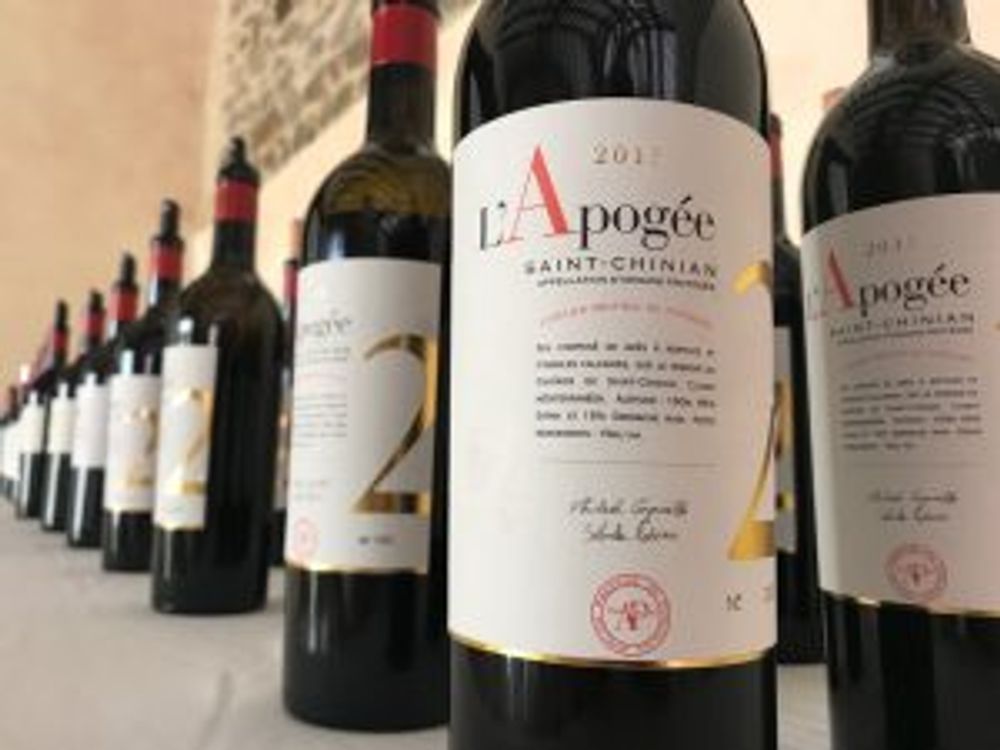
Part of Foncalieu’s single vineyard range aimed at premium on-trade
A big change for the growers and the winemakers has been how grapes are valued. The aforementioned Champagne Deutz have a quality scale from 0-100. The grapes arriving from their suppliers are rated on phenolic ripeness, acidity levels, condition, and so on. That multiplier then works out the price.
Foncalieu pays by the hectare. A grape grower’s plot is their livelihood. It’s up to them to follow best practices or lose their contract. The point in both is it’s quality, not quantity, that pays at well run co-operatives.

‘Let me hear you say Oui!’: Foncalieu is in da house
So let’s go back to the scene of me stood in a crowd shoving multi-coloured desserts into my face as the party rages on. A quick look at the crowd of about 400 people was pretty telling. About 300 were grape growers that Foncalieu work with all over the Occitanie region. They’re friends and colleagues and deserve the plaudits and success as much as any part of the team.

“I’m sure the entrance is this way.” Super scribe Peter Ranscombe and colleagues, Carcassonne.
OK, I’m not naïve enough to say that’s what’s happening everywhere, I’m thinking of a certain valley scene in Northern Italy I know well where it’s like looking at an industrial estate in Essex rather than anything else. But, to me at least, the myth of the big, bad, uncaring co-op producer is being dispelled. The good guys are moving forward, and more power to them.
